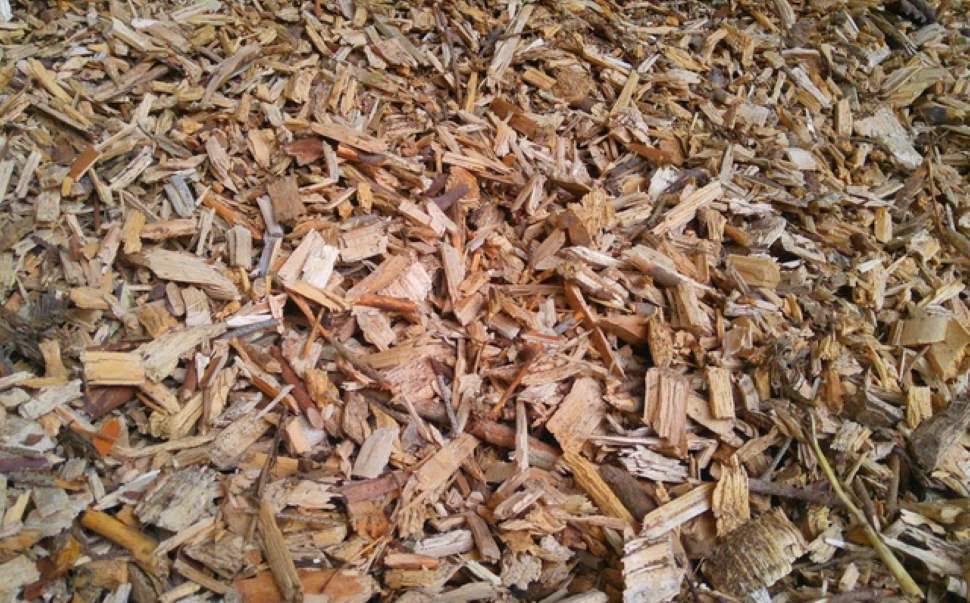Oak chips are increasingly used to speed up the aging process of strong alcoholic beverages, including brandy, vinjac and cognac. Chips are made of pieces of oak wood, most often cypress or sedge, the same species that are used to make barrels. This material allows the drink to mature quickly, giving it a color, smell and taste similar to those of long-term aging in oak barrels. Although the use of chips is not prohibited under the laws of the European Union, it is often considered immoral, especially when manufacturers declare such drinks as if they were aged in barrels.
Doctor Branko Popović from the Institute of Fruit Growing in Čačak explains that there are different forms of alternative means for ripening, such as slats, sawdust and cubes. These agents can improve the organoleptic properties of the drink, but the final result depends on the dosage and time of contact with the distillate. Excessive use of chips can lead to unwanted effects, such as discolored or bitter drinks. Although the differences between chip-aged and barrel-aged beverages are subtle, experienced tasters and chemical analysis can detect them.
The most prominent French oak chips
The most commonly used liquors for the oak aging process include plum wine, apricot wine, apple wine, quince wine, grape wine, vinjak and cognac. While some brandies can be colorless, most gain significantly in quality after aging in oak barrels. By law, vinjak and cognac must be aged for several years in barrels, while alternative methods are allowed for other distillates. However, false information about the length of maturation should not be given in the declarations, as this misleads consumers.

France is a leader in the production of high-quality barrels, thanks to centuries of careful management of oak forests. The French have precise standards for tree selection and felling, ensuring consistent barrel quality and distillate characteristics. Unlike them, Serbia still does not have the developed infrastructure and analytical methods that would enable this level of control. Producers in Serbia often get different tones of distillates from barrels, even when identical materials are used.
Although an alternative such as oak chips enables the rapid production of drinks similar to traditional ones, the lack of legal regulations and standards in many countries, including Serbia, opens up room for manipulation. Doctor Popović emphasizes the need for harmonization of legislation and development of domestic production of barrels in order to raise the quality and transparency in the production of strong alcoholic beverages. The perspective exists, but it requires significant investment and time.
Source: Good morning
Source: boljazemlja.com


